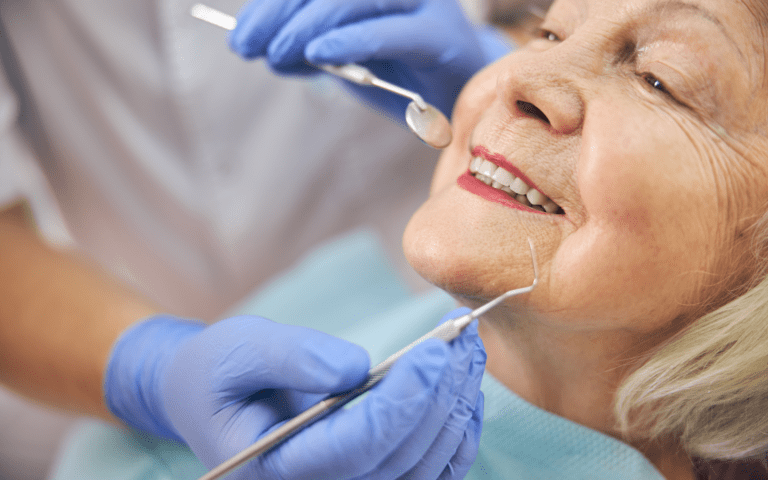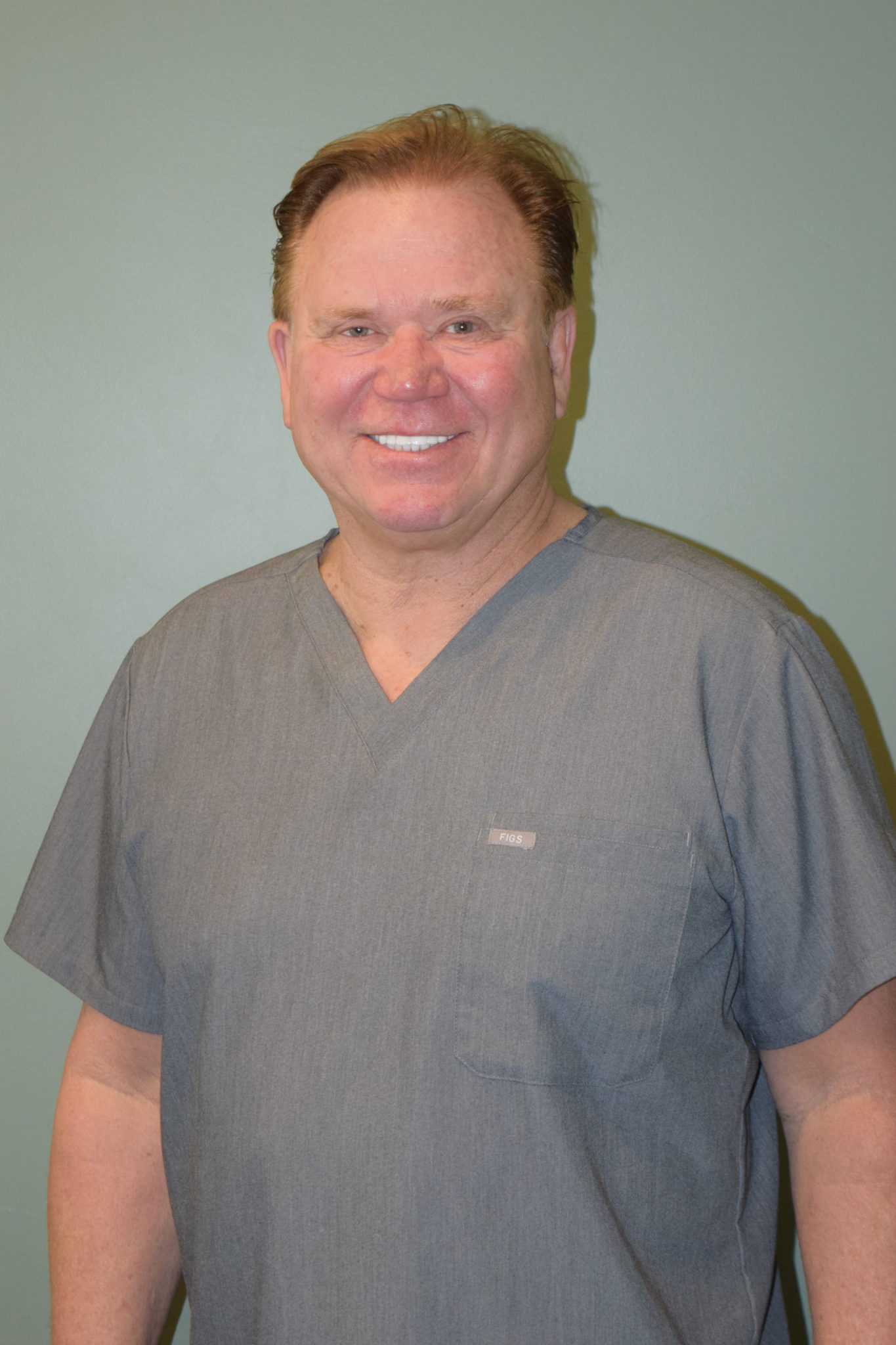Link Between Oral Hygiene and Alzheimer’s Disease

Dementia has become one of the largest causes of disability for the elderly, and Alzheimer’s disease as a neuro-generative condition has contributed greatly to the loss of dental health among the elderly. Many problems have arisen due to the increasing prevalent connection between poor oral health and Alzheimer’s disease. With this increased rate, tooth loss, cavity development, and periodontal disease, these conditions may appear as a risk factor to the elderly developing Alzheimer’s disease due to impaired memory and function.
What Do Studies State About the Connection
Studies such as those found within the Journal of Clinical and Experimental Medicine and the HHS Public Access have both reported various findings of the relationship between oral health and Alzheimer’s disease in elderly patients. According to the HHS Public Access, the study begun with the recognition of cognitive health and oral health can be related simply due to the function needed to maintain good oral health and that those with impaired cognition may experience worse dental health. The study also considered whether or not cognitive impairment implicated a causation relationship towards oral health and that their collection of data showed the high correlation between poor oral health and its prevalence among older generations. By comparing the data found with periodontal disease, cerebrovascular disease, and its impact on cognitive impairment, the study concluded that poor oral health might be a risk factor for older generations affected by dementia and Alzheimer’s disease.
Other studies, such as the one found in the Journal of Clinical and Experimental Medicine, have found that dental infections, the causes of dental pain, and how that influences a person with Alzheimer’s disease. The study collected from 158 AD patients with various oral conditions such as cavities and periodontal disease with self-assessments and dental examinations, and through that collection, found that there was an internal consistency with the progression of Alzheimer’s disease and oral diseases due to the effect of gingival pain and percentage of those with compromised teeth.
How Do Dentists Approach Alzheimer’s Disease
While many studies have shown that individuals with Alzheimer’s disease have more dental decay and poor oral hygiene, the future for tOrreating patients with Alzheimer’s means that dentists should take more vigorous approaches to preventative care and should encourage patients, both young and old, about their dental health. Managing dental health to prevent various conditions means that any dentist should provide the following:
- Oral Health Advice – For parents wishing to help their children have better brushing habits to older adults seeking help for their oral care, dentists should provide long-term, engaging solutions that participate in the patient’s needs.
- Preventative Treatments – Dental sealants, fluoride treatments, and cleanings should be an essential component for good oral care, as these treatments help reduce the risks of periodontal disease, tooth decay, and cavity development in older adults.
- Specialized Care Plans – For families seeking more long-term solutions, working with their patients to provide follow-up appointments and keep up routine oral exams can help dentists keep track of their patient’s health over the course of their lives.
Preventative dental services and continued research provide some of the most viable ways to examine people’s oral health and other related conditions and help research continue to assess the high risks for patients with Alzheimer’s disease.

Recent Comments